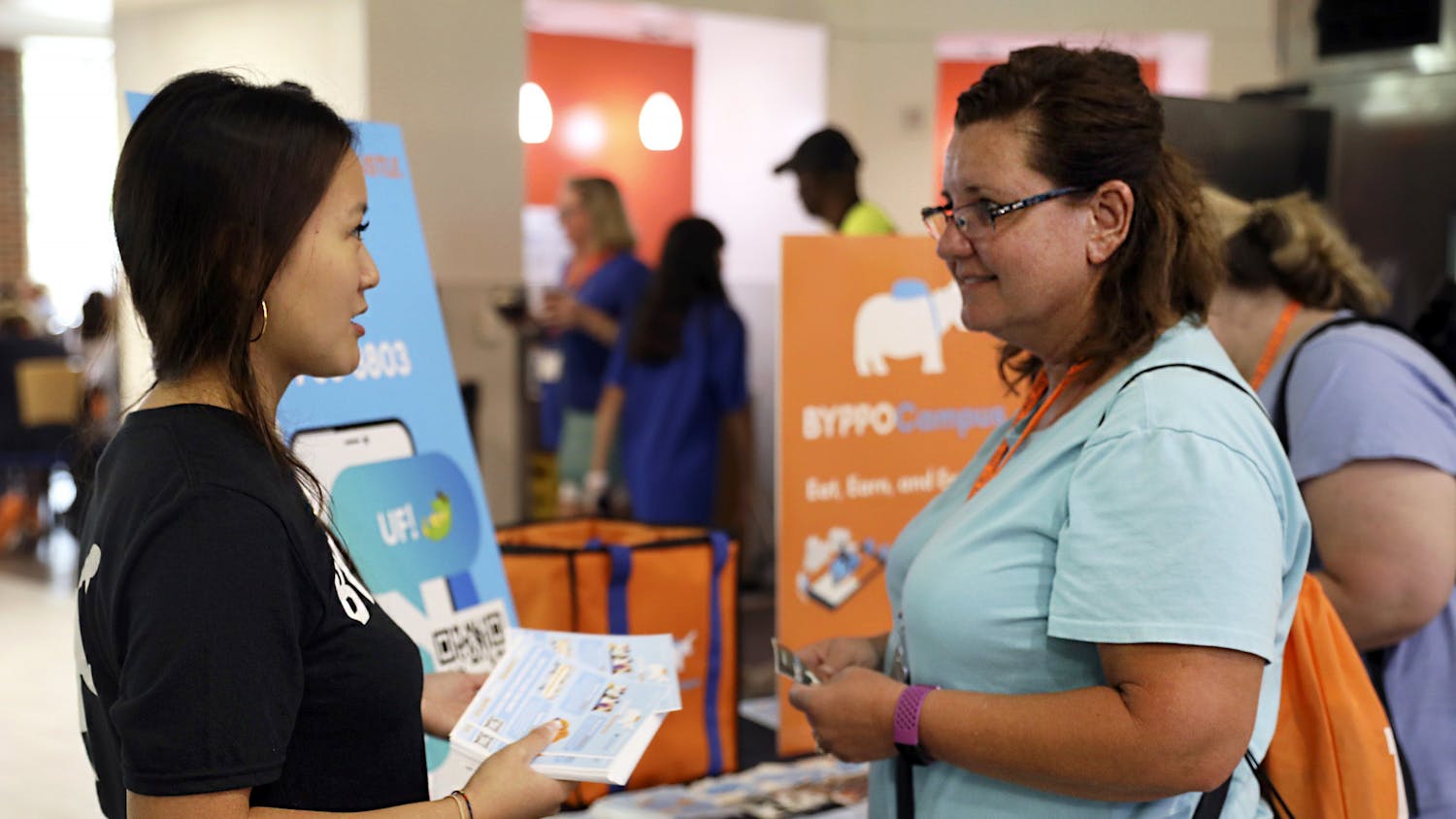Location-based services have become very popular, especially in the context of mobile marketing. Tech titans like Google, Facebook and Twitter have already entered the arena with Google Latitude, Facebook Places and location-enabled Tweets.
In fact, Google carved its own niche by patenting location-based advertising earlier in May. Delivering ads and coupons to customers is only part of the deal. Today, LBSs are strategically used to collect information from customers and make better marketing decisions.
Mobile marketing takes advantage of the fact that a person carries their phone with them all the time. Coupled with location-based services, it becomes possible to know where a customer lives, what he or she buys, how do his or her friends preferences affect buying decisions, what is the response to coupons and advertising and so on.
In addition to that, recommendation is another powerful tool – particularly when it has an immediate reach to a mobile user. An app that keeps track of a person’s location and suggests places that offers the best deals on anything he or she is known to buy often, say even pizza, has a lot of utility in today’s world.
The benefits all told don’t just woo any consumer into using these services and I think it’s worthwhile to get some insight into why LBSs haven’t become as popular as expected.
Statistics from a report published by the Pew Research Center’s Internet & American Life Project reveal that only a small percentage of people use location-based services like Four Square and Gowalla. The numbers are quite surprising – 4 percent of the adult Internet users in the US use these services and only 1 percent of these users seem to have made these services a part of their day-to-day life.
However, there has been a lot of progress in this domain despite the low response from users. Last week, Facebook introduced a feature that will allow merchants to offer coupons through Facebook Places.
“Many people are in a more ‘transactional’ frame of mind” when it comes to their personal information, said Lee Rainie, the director of the Internet and American Life Project. “They will share information if they think they can get something of value for it.”
People are aware of the fact that they could be exchanging information with the risk of losing their privacy to Internet thieves who can track people’s homes and other personal information through mobile apps. Maybe LBSs will become more prevalent when they promise returns that outweigh the risks. Only time can tell.






